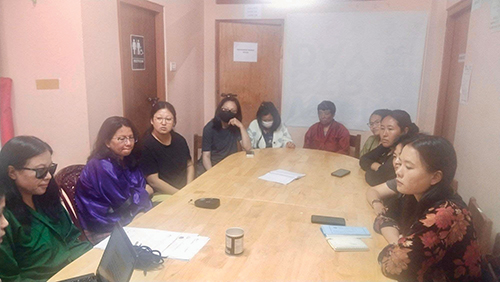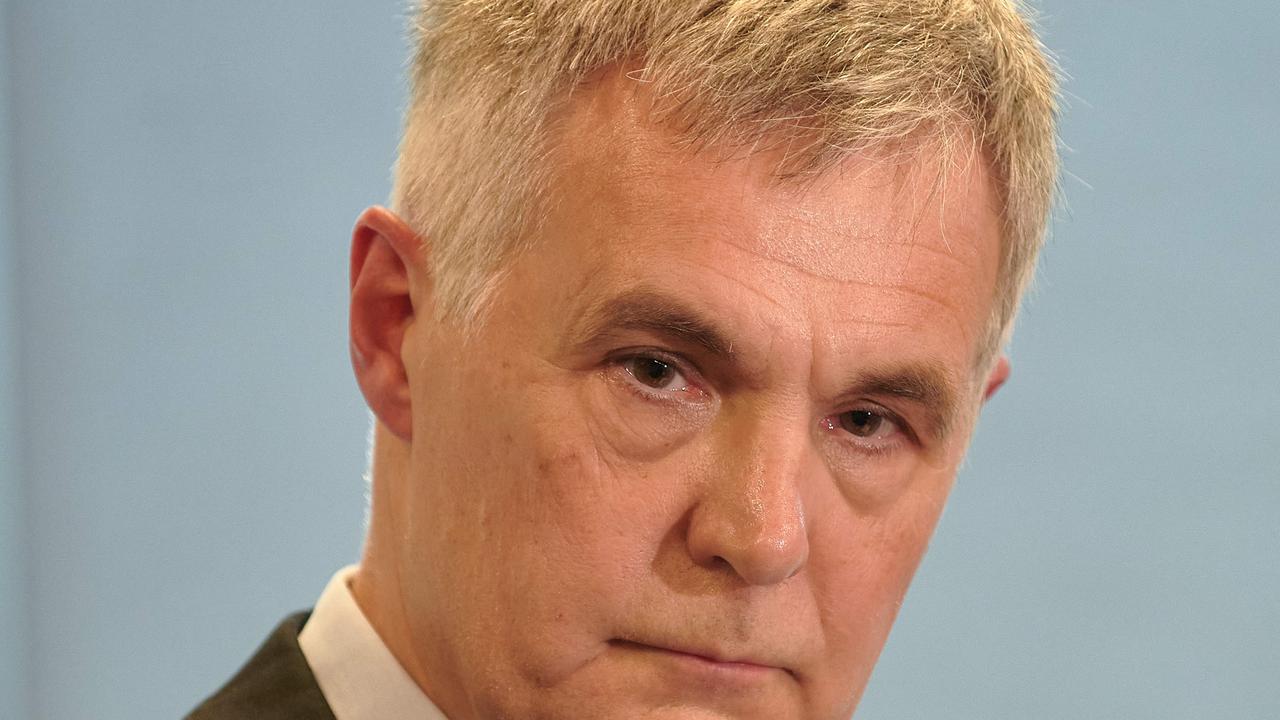By Chencho Dema
Copyright thebhutanese

The Bhutan Stroke Foundation, with support from YELP and in collaboration with the Ministry of Education and Skills Development (MoESD), has initiated a pilot program to support nine women stroke survivors.
These women, aged between 30 and 45 years, have been under the foundation’s social support system for more than two to three years.
According to the CEO of the Bhutan Stroke Foundation, Dawa Tshering, the initiative aims to help the women find a form of livelihood after stroke. He said, “This group of women is part of our longterm support network. Now, through this pilot initiative we are working with the ministry to help them find a meaningful livelihood after stroke.”
“It is a way to support their economic and social reintegration. If this goes well, there are many more such cases across the country that can be addressed,” he added.
He said that many stroke patients need home-based care, but the foundation faces challenges due to limited funding and resources.
The nine women involved in this pilot program have recovered about 80 to 90 percent of their abilities.
Therefore, the foundation in collaboration with MoESD is providing them with a safe platform and social support to help empower them socially and economically.
The nine stroke survivors will be given the opportunity to work primarily at a bakery, allowing them to develop new skills and regain financial independence.
In addition to bakery work, they will also engage in gardening, selling flower pots as a supplementary activity.
What is stroke and why does it matter?
A stroke occurs when the blood flow to the brain is blocked or when a blood vessel bursts, cutting off oxygen and vital nutrients.
Within minutes, brain cells begin to die, leaving survivors with long-term disabilities such as paralysis, speech difficulties, or memory loss.
In Bhutan, stroke matters deeply because it is one of the leading consequences of cardiovascular diseases, which already account for 28 percent of deaths nationwide.
The Ministry of Health (MoH) warns that strokes not only claim lives but also leave families struggling to care for loved ones who can no longer work or live independently.
In rural areas, where rehabilitation and specialized care are limited, recovery becomes even more difficult, turning a medical crisis into a long-term social and financial burden.
According to MoH, 72 percent of deaths in Bhutan are linked to Non-Communicable Diseases (NCDs), and cardiovascular conditions, including stroke, are at the forefront.
MoH says changing lifestyles and habits as the main cause.
Around a third of Bhutanese adults use tobacco, exposing themselves to higher risks of vascular damage and stroke.
Harmful alcohol consumption is even more widespread, with four in ten people drinking at levels that damage the liver, raise blood pressure, and increase the chance of sudden brain attacks.
Physical inactivity is also a concern, with nearly one in five adults leading a sedentary lifestyle, which contributes to obesity, diabetes, and hypertension, all major risk factors for stroke.
On top of this, about 30 percent of adults live with high blood pressure, while more than five percent have elevated blood glucose levels, both of which silently increase the likelihood of stroke and other complications.
MoH stresses that while strokes strike suddenly, the conditions that cause them develop quietly over many years.
Preventing them requires consistent lifestyle changes such as regular exercise, healthier diets, and reducing alcohol and tobacco use, as well as routine health checks for blood pressure and sugar levels.
Dawa Tshering said, “90 percent of stroke recovery comes from family support.”
He shared his own experience, noting that when his wife suffered a severe stroke, doctors had warned that she would not recover. Despite this, he remained by her side and supported her through every stage of the recovery process.
Today, she has regained much of her health, proving that strong family care and encouragement can make a decisive difference in outcomes.



